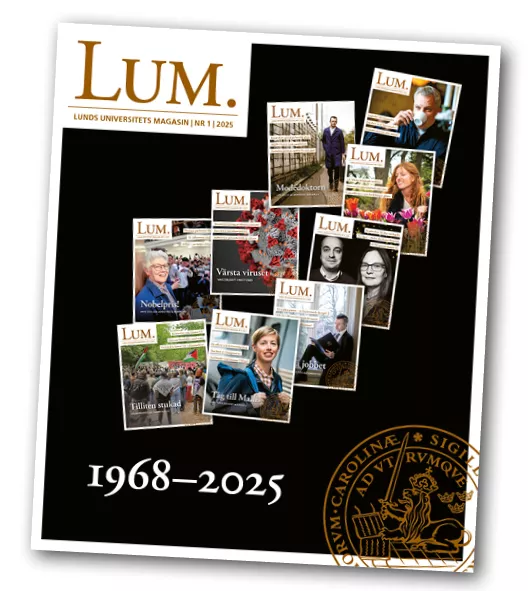“My children were mentioned in the email and that got me worried. There is a limit when family is concerned. The person had not just sent off an email on a whim, but had actually investigated and found out things”, says Anders Ackfeldt.
His research focuses on Islam and music in the USA. He studies how Muslim and non-Muslim hip-hop music represents the religion in its lyrics, music and visual images.
“I think music culture is interesting as in many ways it is a watershed and counters the image that people have of Muslims today. It is an attempt to give a contrasting picture to the image of Islam as conservative and violent.”
As an islamologist, he is used to receiving unpleasant emails, but they are rarely threatening. However, in 2017, when he and 22 colleagues in Sweden criticised the Swedish Civil Contingencies Agency’s report, things happened quickly. The researchers’ article, which was published on the blog “Religious Studies Comments” was picked up by the news agency TT and therefore ended up in newspapers throughout Sweden. Anders Ackfeldt, whose name was at the top of the alphabetical list, received a large share of the emails.
“The threats were not anonymous. The most awful aspect is that in many circles it is totally legitimate to hate Muslims. When these views are normalised, it is not such a big step from words to action”, thinks Anders Ackfeldt.
A few months after the MSB report, right-wing extremists published lists online of groups that they viewed as wanting to “destroy Sweden” and Anders Ackfeldt’s name was included. These included pro-Muslim groups, left-wing extremists and Jews. However, the lists disappeared from the internet after only a few hours. Anders Ackfeldt thinks the Universitydid a good job in both cases.
The then chief security officer addressed the matter promptly and quickly informed those concerned. He stopped the inflow of threatening emails almost immediately.
“My head of department Alexander Maurits contacted me and asked how I was. It means a great deal that the boss gets in touch when things get tough”, he says.
Researchers focusing on Islam, migration, Israel-Palestine and gender studies are aware that there is cost involved in taking part in public debate in different ways. Giving a nuanced picture of Islam, for example, is provocative.
“When I have participated in a public event such as Almedalen, I always get some emails. They are not particularly threatening, more unpleasant and expressing deep anxiety”, comments Anders Ackfeldt. “It’s important to take the anxiety that exists in society seriously and I always try to answer the emails.”
There is a construct in the immigration debate – and it’s far from only right-wing extremists as it also comes from ordinary people – that places a wet blanket over the debate and means you cannot talk about the actual situation in society”, states Anders Ackfeldt.
“You think about threats and the tone in society when you enter public debate. You choose your words more carefully.”
Despite this, Anders Ackfeldt is cautiously optimistic about the future. He considers that much is written that gives a more nuanced picture of Muslims and Islam.
“I also want to make it clear that what we have to put up with as researchers in the form of threats, hate or harassment is nothing compared with what Muslims experience today”, concludes Anders Ackfeldt.



